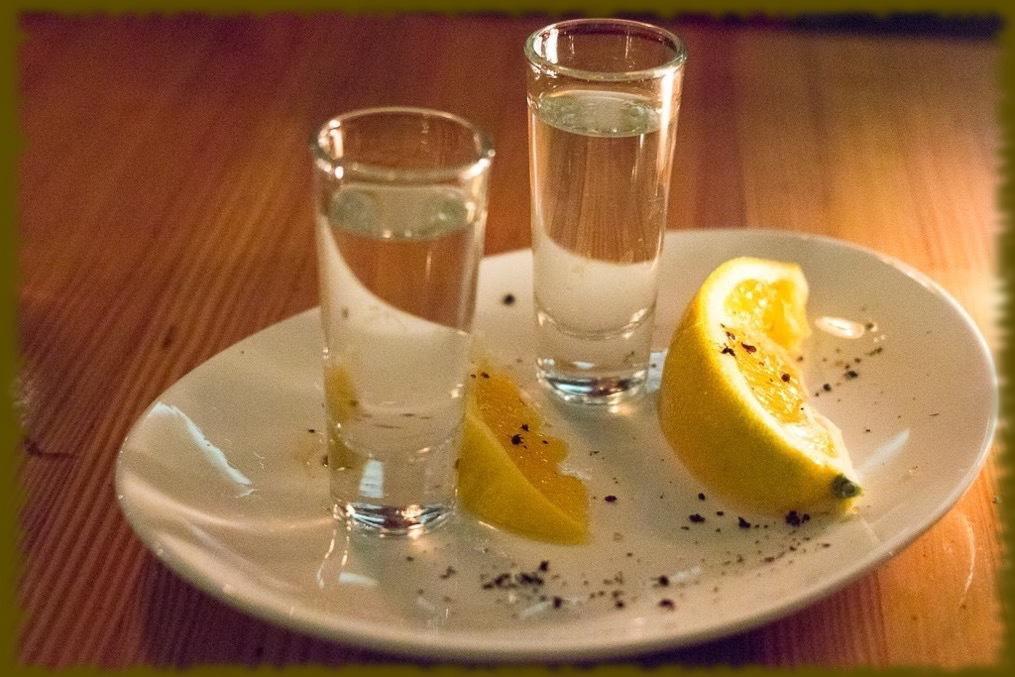Mezcal Market: Unraveling the Target Audience Behind the Growth of this Iconic Mexican Spirit.
The global mezcal market has experienced significant growth in recent years. Traditionally consumed as a niche spirit in Mexico, mezcal has been gaining attention in international markets, driven by consumers seeking more artisanal, authentic, and unique liquors. It offers a smoky flavor profile distinct from tequila, making it an appealing option for both connoisseurs and newcomers to the spirits world.
Understanding the target audience for mezcal is crucial for brands and distributors who want to align their marketing strategies and capitalize on this expanding market. In this article, we explore the key consumer groups driving the demand for mezcal, as well as the marketing strategies that can help engage them.

1. Millennials and Gen Z: The Trendsetters
Millennials and Gen Z have played a central role in the resurgence of mezcal. These younger generations are known for their inclination toward artisanal products and craft spirits, appreciating the story and production methods behind their choices. Both groups are highly active on social media, where trends such as “cocktail culture” and “sustainable products” are flourishing. They often seek novel, premium experiences and are willing to experiment with flavors that differ from mainstream alcohol categories.
Furthermore, the growing desire for transparent sourcing and sustainability aligns well with the traditional, organic production methods used in mezcal crafting. This cohort gravitates toward brands that showcase these values, particularly those emphasizing small-batch production and indigenous farming techniques. Mezcal's niche status offers an exclusive appeal for these trend-conscious consumers, positioning it as a symbol of authenticity in a market flooded with mass-produced beverages.
2. Affluent and Experiential Drinkers: The Connoisseurs
The target market also includes an emerging group of affluent, experienced drinkers—individuals who appreciate craft spirits as a symbol of distinction. They often frequent high-end bars and restaurants, looking for unique experiences that reflect their elevated tastes. Mezcal, with its complex flavor profile and deep-rooted cultural significance, offers something exotic and exceptional that appeals to these connoisseurs.
For these customers, it's not just about taste—it's about a full sensory experience. They appreciate sipping on an expertly crafted mezcal, exploring the agave varietals and distillation techniques, and enjoying its earthy and smoky undertones. This group is most interested in mezcal’s unique qualities, often prioritizing small-batch, artisanal products with rich narratives, such as the distillers' connections to their local communities and their sustainable farming practices.
3. Health-Conscious and Wellness-Centric Consumers: The Mindful Sippers
Amid growing health and wellness trends, a significant segment of the mezcal market consists of health-conscious individuals who view alcohol as part of a balanced lifestyle. While tequila has historically been positioned as a "healthier" alcohol due to its low sugar content, mezcal now finds its way into wellness conversations as well. It's frequently marketed as a low-sugar, gluten-free, and additive-free option compared to traditional spirits, making it a preferred choice for consumers seeking cleaner alcohol.
For these individuals, mezcal provides an opportunity to indulge while still adhering to their wellness-oriented mindset. As more people move toward responsible drinking, they seek alcohol that fits their lifestyle without compromising quality or flavor. This focus on health-consciousness adds to mezcal’s appeal as it straddles the worlds of pleasure and well-being.
4. Lovers of Mexican and Latin American Culture: The Cultural Enthusiasts
Given mezcal's deep cultural roots in Mexico, one of the most significant target groups is consumers with an affinity for Mexican or broader Latin American culture. Whether these enthusiasts are frequent visitors to Mexico or are simply captivated by its food, traditions, and art, they are drawn to mezcal as a culturally authentic experience.
This demographic can include individuals of Latin American descent or people from other ethnic backgrounds who appreciate the rich, flavorful offerings of traditional Latin beverages. For marketers and brands, this segment underscores the importance of storytelling, often focusing on the cultural history of mezcal, the artisanal production methods, and the indigenous agave plants used in the crafting process.
5. Eco-Conscious Consumers: The Green Advocates
Mezcal's artisanal, small-batch methods attract a growing segment of environmentally-conscious consumers who care about the sustainability of the products they purchase. Sustainability, organic sourcing, and environmental conservation are significant selling points for eco-conscious individuals.
Many mezcal brands pride themselves on working with local farmers and preserving biodiversity through environmentally responsible practices. Highlighting these ethical sourcing and production standards appeals to this demographic, making them more likely to choose a particular brand over others. Eco-conscious consumers not only embrace the products they believe in, but they also serve as brand ambassadors, often promoting ethical products within their networks.
Conclusion: Tailoring Strategies for a Diverse Mezcal Market
The mezcal market’s target audience is diverse, ranging from younger consumers seeking new experiences to affluent connoisseurs and health-conscious individuals. As mezcal continues to grow in popularity, understanding the different segments that influence its consumer base becomes essential for companies looking to succeed. By focusing on the key drivers for each group—be it the exclusivity of the product, its authenticity, or its sustainability—brands can craft more targeted, effective marketing strategies.
With growing demand worldwide, mezcal's cultural, artisanal, and health-conscious positioning will continue to resonate with a broad range of customers.
- Art
- Causes
- Crafts
- Dance
- Drinks
- Film
- Fitness
- Food
- Games
- Gardening
- Health
- Home
- Literature
- Music
- Networking
- Other
- Party
- Religion
- Shopping
- Sports
- Theater
- Wellness


